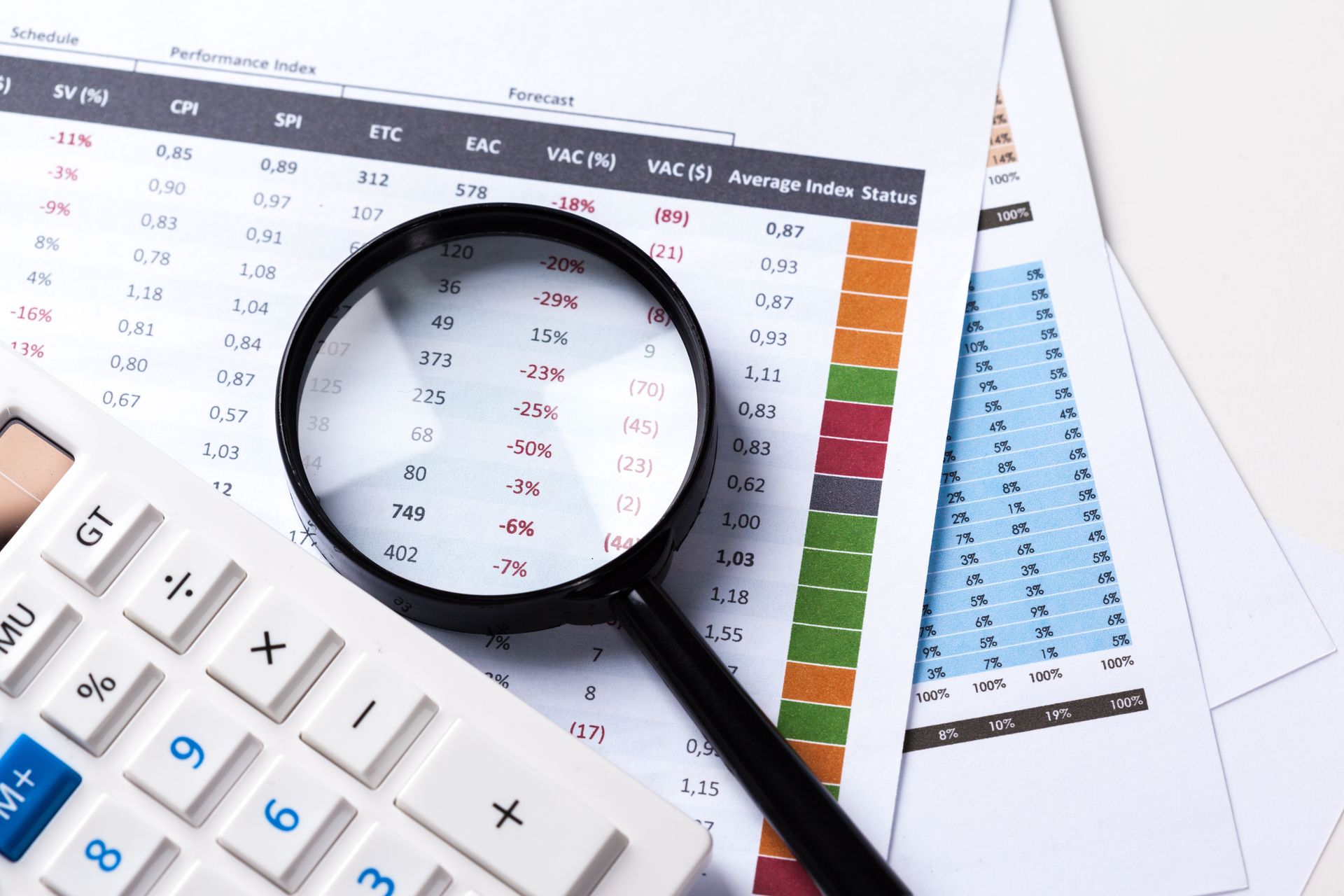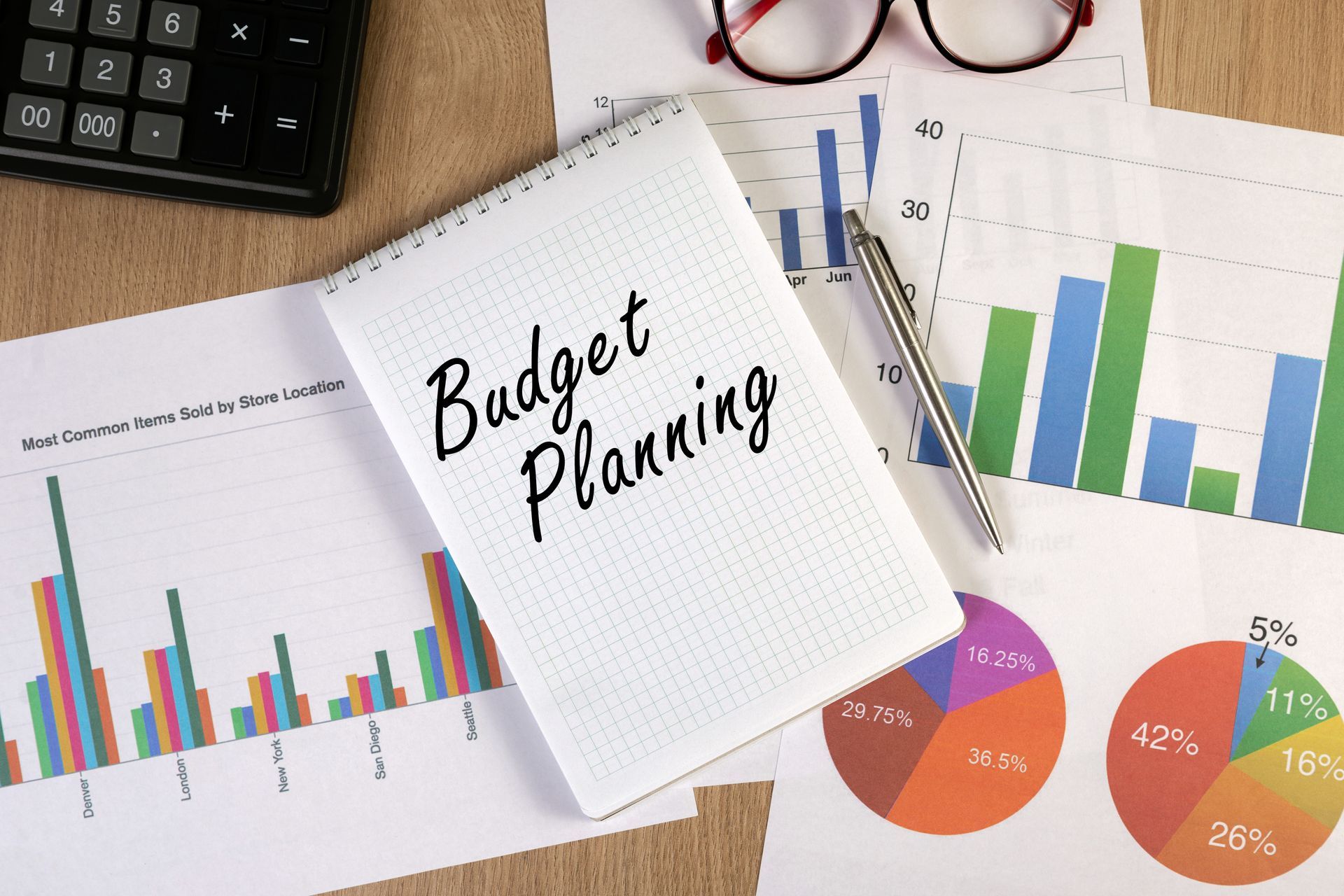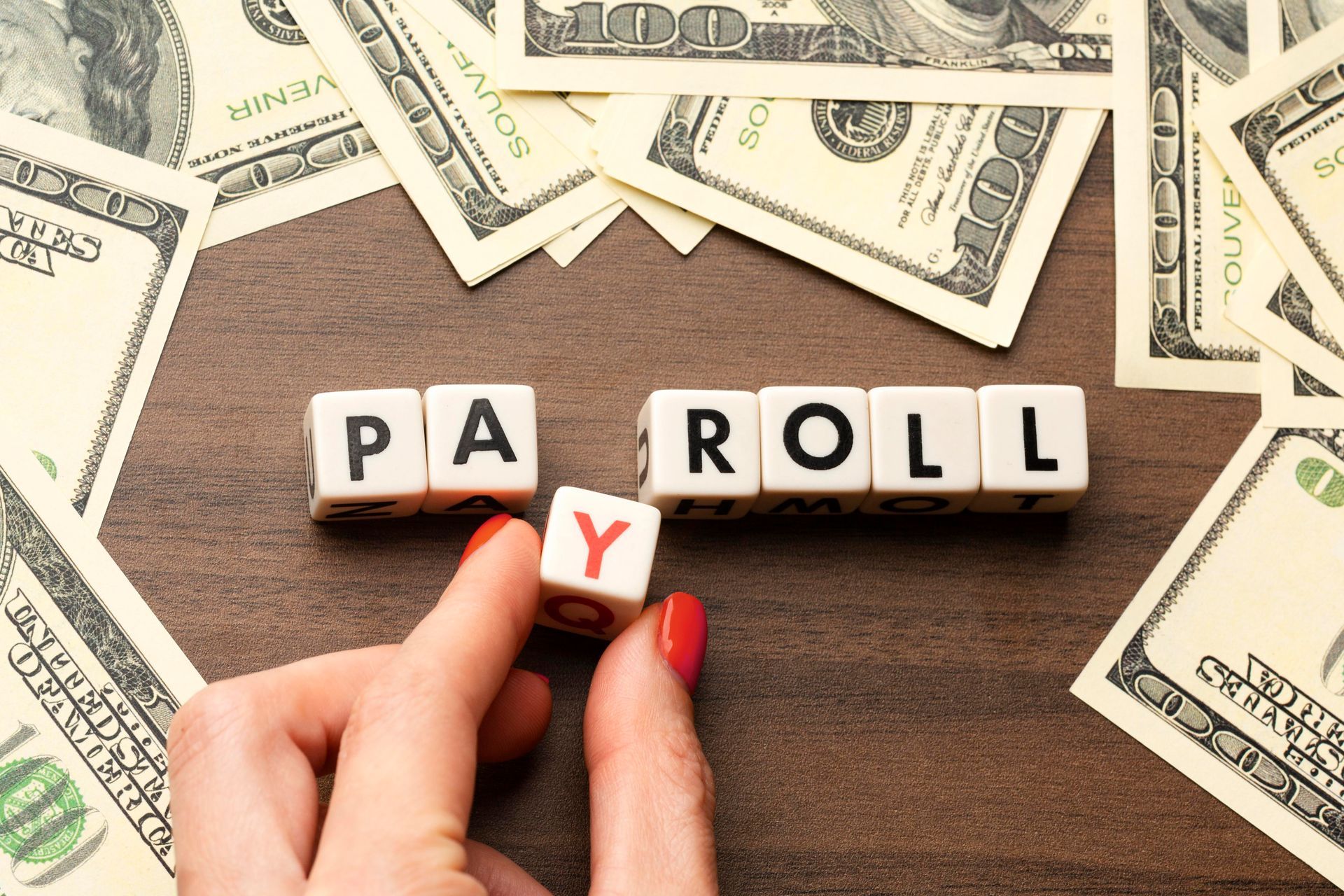A Guide to Canadian Businesses and Tax Audits
Any business owner will want to have an estimate about their tax liability. They can use a tax calculator to make a preliminary assessment of the amount of taxes which may need to be paid in a given year.
Sometimes, the CRA will want to check the declarations made by business owners in their tax returns and undertake a business tax audit of the concerned business. During a business audit, the CRA reviews the records of a business to assess compliance with tax rules — including income tax, GST/HST and other tax obligations.
Once a notice of tax audit is received from the CRA, it's wise to engage a specialized
tax accountant
to assist with the proposed audit and work with CRA to provide information and protect your interests.
In some cases, following a business audit, the CRA may issue a notice to increase the amount of tax payable.
This article will serve as a guide to Canadian businesses and tax audits. Read on to learn more.
Who gets audited by the CRA and why?
The majority of audits conducted by the CRA are of small and medium sized businesses, with the GST/HST audit comprising the largest share of all audit types.
Within these small and medium type businesses, people working in heavily cash-based industries (such as construction, retail or the restaurant industries) and self-employed people are more likely to be subject to a tax audit. This is because these types of businesses typically have higher rates of tax evasion and therefore, they are more closely monitored than others.
Significant income fluctuation can also lead to the CRA deciding to investigate — especially when it comes to those who are self-employed. The chances of investigation increase even further if the income of a business differs drastically from other similar businesses of the same scale.
Other key targets for CRA audits include businesses or rental properties that report significant losses in revenue. Also, holders of offshore assets receiving overseas wire transfers for $10,000 or more are likely to come under scrutiny. The risk of being audited for losses increases even further if the expenses aren’t comparable to other businesses in the industry.
What happens during a tax audit?
Prior to a tax audit, the CRA will send a notice of their intention to audit — which will include their mandate and an outline of the preliminary information required. The notice will state the scope of the audit, as well as how many tax years or reporting periods are being audited.
During a tax audit, the CRA will review:
- Reported income and expenses
- All GST/HST has been paid on the business’s taxable supplies
- Any input tax credits claimed for eligibility
- Deductibles compared with receipts
- The reported operating figures, with numbers from other sources
- Any claimed revenue from all sources
- Any submissions from a tax representative explaining variances in tax reporting, the deductibility of certain items or other submissions
A general audit will take 3-6 months, as the CRA will look at records going back 3-4 years. If there is a suspicion of fraud or gross negligence, the CRA will go back as far as it needs.
How to avoid being audited
To avoid being audited, it’s best to:
- Keep accurate records of all income and expenditures
- Don't over-claim expenses or deductions
- Automate your accounting systems as much as possible
- Every year, be as consistent in reporting as far as possible
We can help with all sorts of accounting matters
If you’re facing a CRA audit, you’ll definitely need a reliable tax accountant to work through the audit process. To find out how we can help with your taxes and your overall peace of mind, contact Charles Ghadban Accounting.
To learn more, make an appointment with our trusted team today. We’re on hand to assist with tax audit advice or any other accounting related matters!










